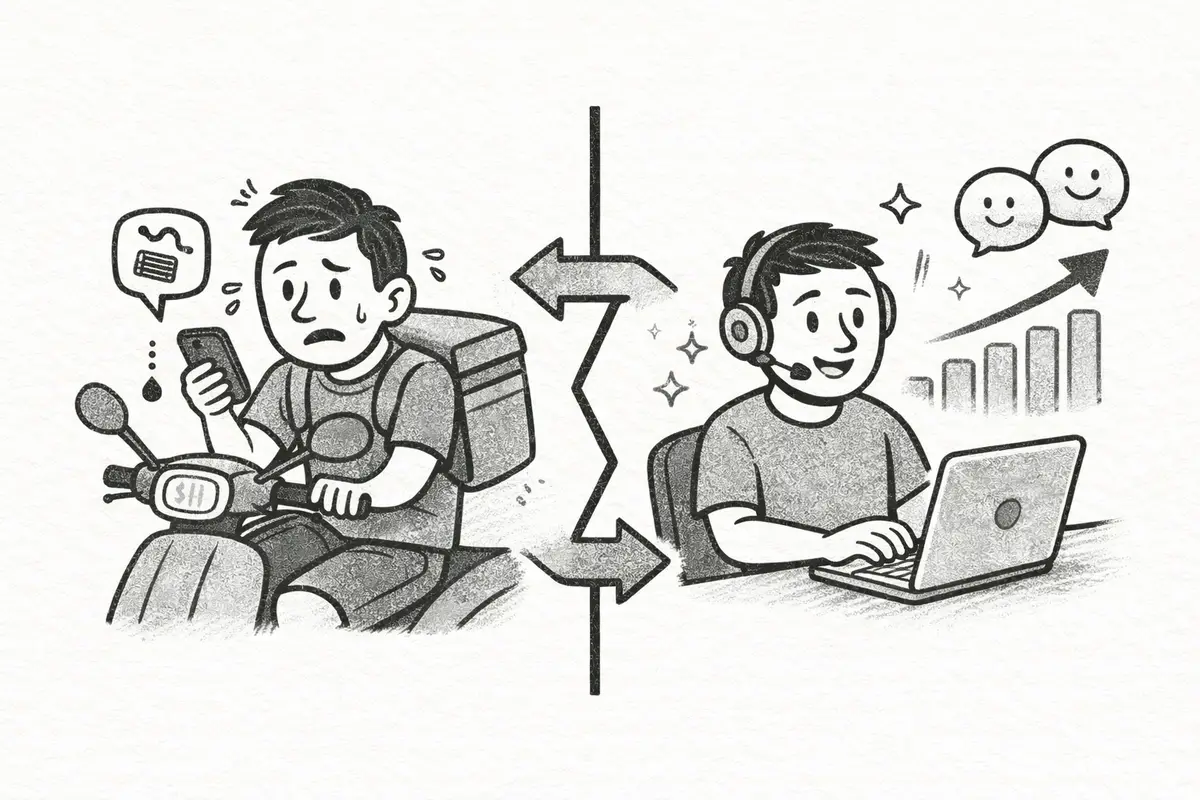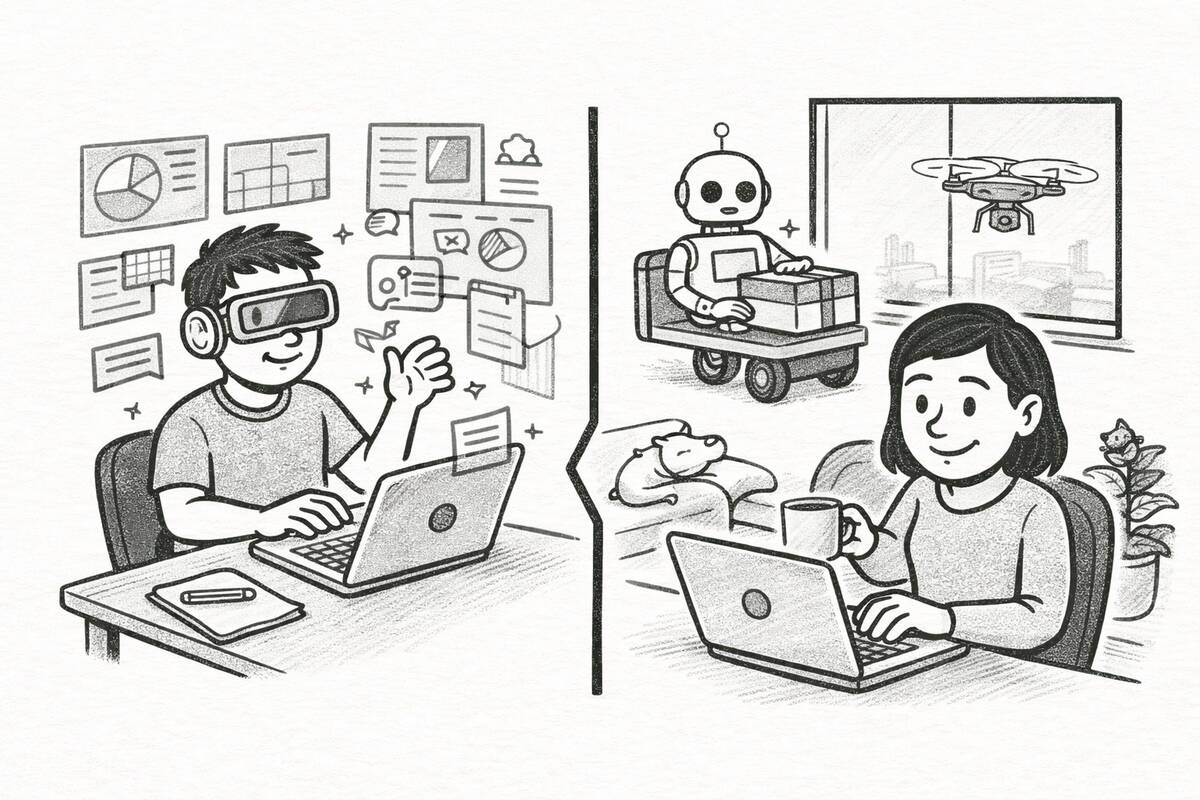Working remotely sounded dreamy at first—ditching the commute, avoiding small talk by the coffee machine and wearing sweatpants indefinitely. Sweet freedom! But then, reality hit. Isolation crept in, boundaries vanished, and our mental well-being got caught in the crossfire.
Here’s the good news: some companies aren’t just winging it—they’re actually nailing the remote work mental health game. Let’s shine a spotlight on who’s getting it right and how.
Buffer: Walking the Talk
Buffer didn’t just hop on the remote work bandwagon—they’ve been steering it for years. They openly prioritize mental health, offering flexible schedules, unlimited PTO (which they genuinely encourage), and even a “mental health day” each quarter.
What stands out most? Transparency. Buffer openly publishes salary data, internal policies, and-wait for it-even the company’s mental health and wellness strategies (check out their blog). It’s not lip service; it’s a real-deal commitment.
Automattic: Remote Done Right
Automattic (the folks behind WordPress and Tumblr) runs a fully distributed team. What’s their secret sauce? Trust, flexibility, and deliberate mental health support. Automattic provides mindfulness apps, counseling sessions, and a stipend for mental wellness.
Even better, their management fosters a culture that doesn’t glamorize burnout. They actively discourage after-hours work and champion a healthy work-life blend, not balance, because—let’s face it—”balance” feels impossible sometimes. Automattic’s remote philosophy is worth checking out.
GitLab: An Open-Source Approach to Wellness
GitLab, another remote work pioneer, offers clear-cut strategies to support mental wellness. They give their teams mental health resources, stress-management programs, and a “Friends and Family Day” every month-a full day off for employees to recharge.
Their secret weapon? Openness. GitLab maintains a transparent handbook (seriously, see it here) outlining all mental health policies and initiatives. They’re putting their money where their mouth is—and it shows.
Why These Approaches Actually Work
Okay, let’s break down why these companies are getting kudos:
- Transparency and Trust: Employees know exactly what support is available. No guessing games, no hidden agendas. Clear, direct, open communication.
- Flexibility (Real Flexibility): They trust their people. Real flexibility means managing your work around your life—not vice versa.
- Proactive Support: Wellness isn’t an afterthought—it is front and center, baked into policies, day-to-day practices, and company culture.
Let’s Talk About the Elephant in the (Virtual) Room
The reality check: Remote work isn’t automatically better for mental health. Without intentional practices, it can spiral into isolation, overwork, and anxiety. Companies must proactively address these issues, creating environments where wellness thrives.
Key Takeaways: How You Can Champion Mental Health Remotely
If you’re managing a remote team, here is your homework:
- Encourage Open Dialogue — Normalize discussions around mental health.
- Promote Flexible Work Hours — Trust your team to get the job done without micromanaging every minute.
- Offer Concrete Resources — Invest in actual tools-counseling, mindfulness apps, wellness stipends.
Remote work isn’t a passing trend—it’s the future. Companies getting mental health right will lead that future, building happier, healthier, and—let’s be honest—far more productive teams.
You might also like: The Science of Focus: How to Actually Get Work Done in 2026









